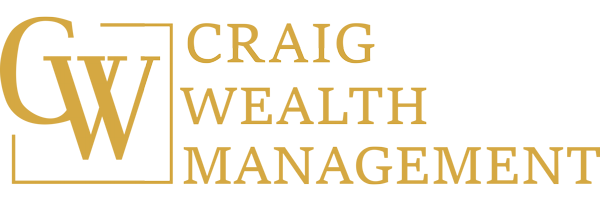The following are some ideas for individuals and business owners to reduce income taxes as 2024 draws to a close.
Individuals should consider doing their RRSP contributions before the RRSP rush in the first 60 days of 2025. You can get better values by buying today than when all the last minute procrastinators rush to buy their RRSPs in the New Year and temporarily push up market values.
Another idea is to remember to top up any RESP contributions to take advantage of the 20% educational grant before year-end. While there is no technical deadline, it is best to spread your contributions out annually to a maximum of $5,000 in order to generate the maximum $7,200 in Federal education grants (plus any applicable provincial grants).
If you have children in college or university, start looking at their earned income and whether they will have any unused tuition or other credits that can be used by the parents. Remember also to keep track of all receipts for expenses related to moving expenses to get the children to school as well.
Consider delaying the purchase of any mutual funds in open or non-registered accounts until the New Year. Many funds pay year-end tax distributions in December and any purchases late in the year will get the same taxable distributions as those made in January. So check with your Advisor on the possible taxable distributions if any, on all such purchases before year-end.
Finally, keep track of and gather all medical and dental receipts to see if you can get any tax credits for large expenses incurred during the year not covered by insurance.
Business owners have a wider range of tax planning strategies available to them. Proprietorships can consider incorporating for 2024 if they are having a year of higher than normal income. The goal would be to reduce personal income taxes by having some of the business income taxed at the much lower corporate tax rate.
Business owners can also reduce their taxes by income splitting with spouses or even teenage or adult children. The key is to make sure they are doing work for the corporation whereby the compensation is reasonable for the work being done. Consult your tax accountant for the CRA guidelines in this area.
You can also start planning your income mix between earned income and dividend income. Some shareholders can receive dividends only and pay little or no tax on up to a certain maximum if they have no earned income. Recent Federal Budget tax changes to tax rates on retained earnings will affect this strategy so consult your tax specialist for their advice.
Make sure you deduct as many of your medical expenses as possible in the corporation for those businesses that have Heath Spending Accounts. The medical expense is a deduction to the company and the reimbursement is tax free to the individual with the savings being equal to something close to your personal marginal tax rate.
Some other tactics to consider include taking or repaying shareholder’s loans from the corporation and making sure you pay the interest on any outstanding shareholder loans.
The key is to get started before year-end to reduce your taxes.
Call us today for a review of your personal situation. Make sure to contact your Tax Professional or Accountant to further clarify and take advantage of above ideas.
Do you have questions about tax strategies?
Contact our office today
Copyright © AdvisorNet Communications Inc. All rights reserved. This article is provided for informational purposes only and is not intended to provide specific financial advice. It is strongly recommended that the reader seek qualified professional advice before making any financial decisions based on anything discussed in this article. This article is not to be copied or republished in any format for any reason without the written permission of AdvisorNet Communications. The publisher does not guarantee the accuracy of the information and is not liable in any way for any error or omission.









